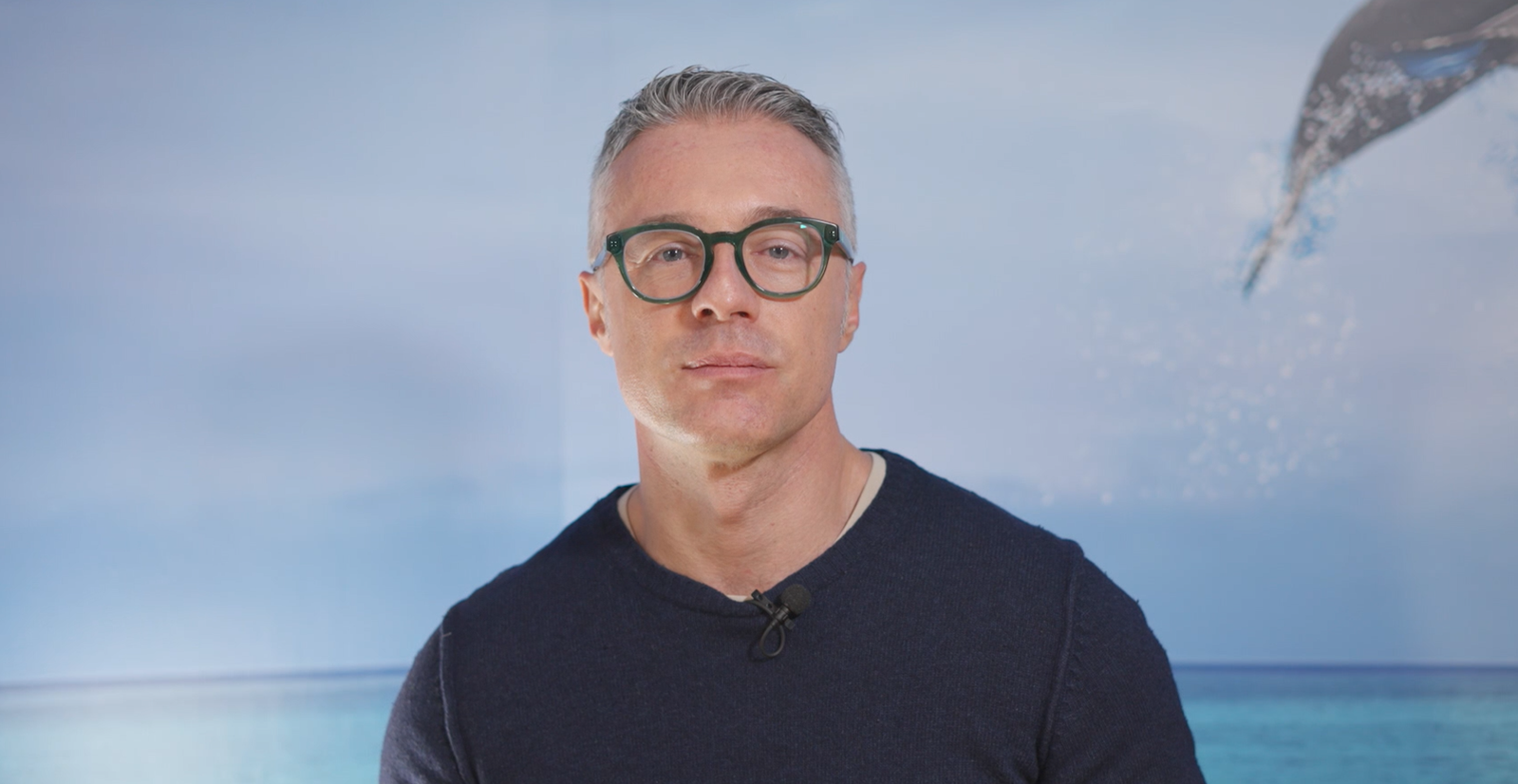
Why are corals important?
Corals play a crucial role in the marine ecosystem. They provide shelter from predators and a breeding and development site for many fish and other marine creatures. For these reasons, they are essential for marine life in tropical regions.
Coral reefs directly impact the livelihoods of millions of people around the world through fishing, and they also provide more effective coastal protection than any man-made structure against storm surges and tsunamis.
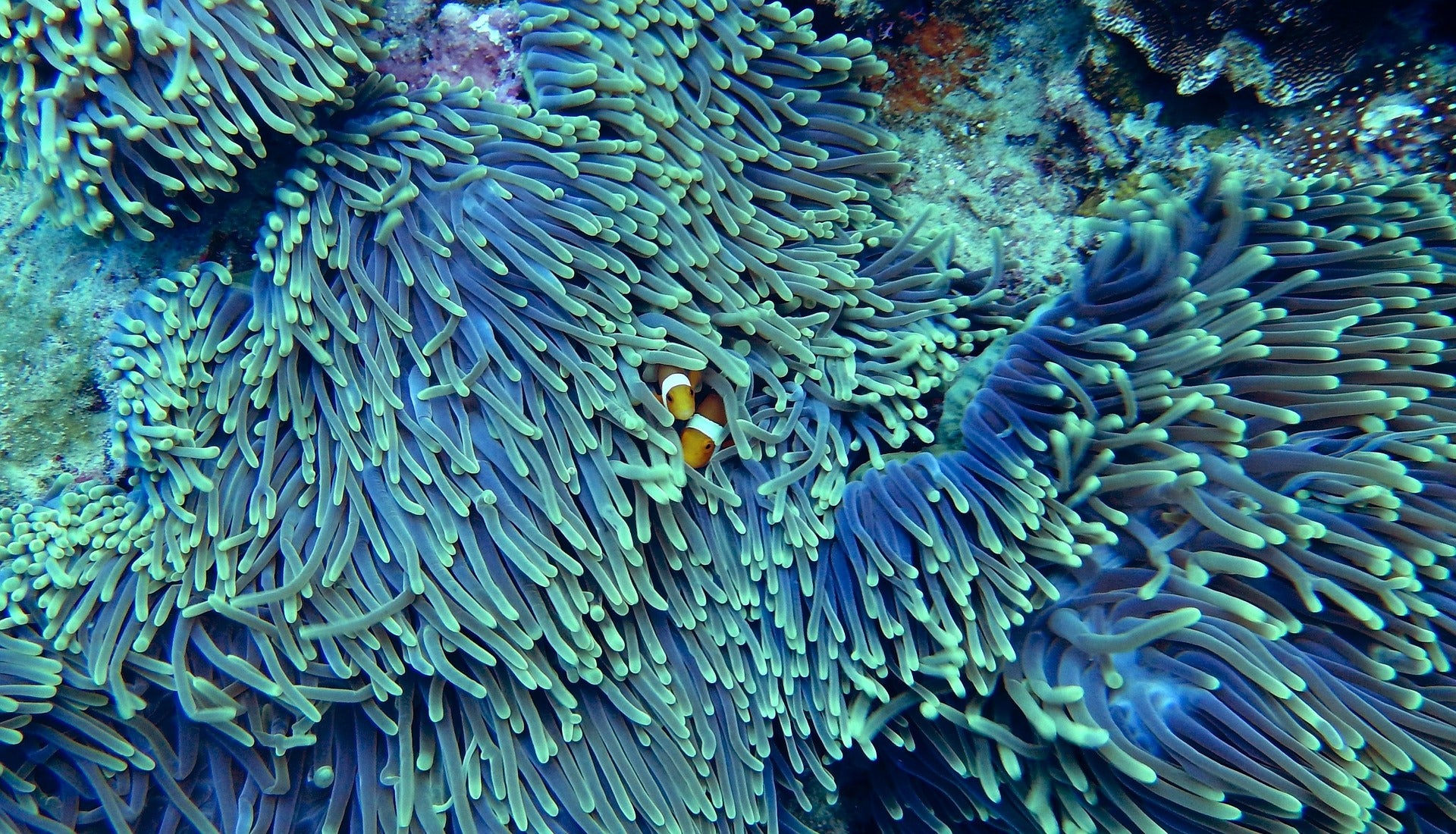
What are corals?
Corals are calcareous structures formed by very small animals related to jellyfish, called coral polyps. To protect themselves, they secrete a calcareous structure that appears like a rock. Coral polyps live in symbiosis with microscopic algae called zooxanthellae. They help each other: the algae photosynthesize and produce sugars and other substances that are used by the coral polyps for food, in exchange, they get protection thanks to the calcareous structure.
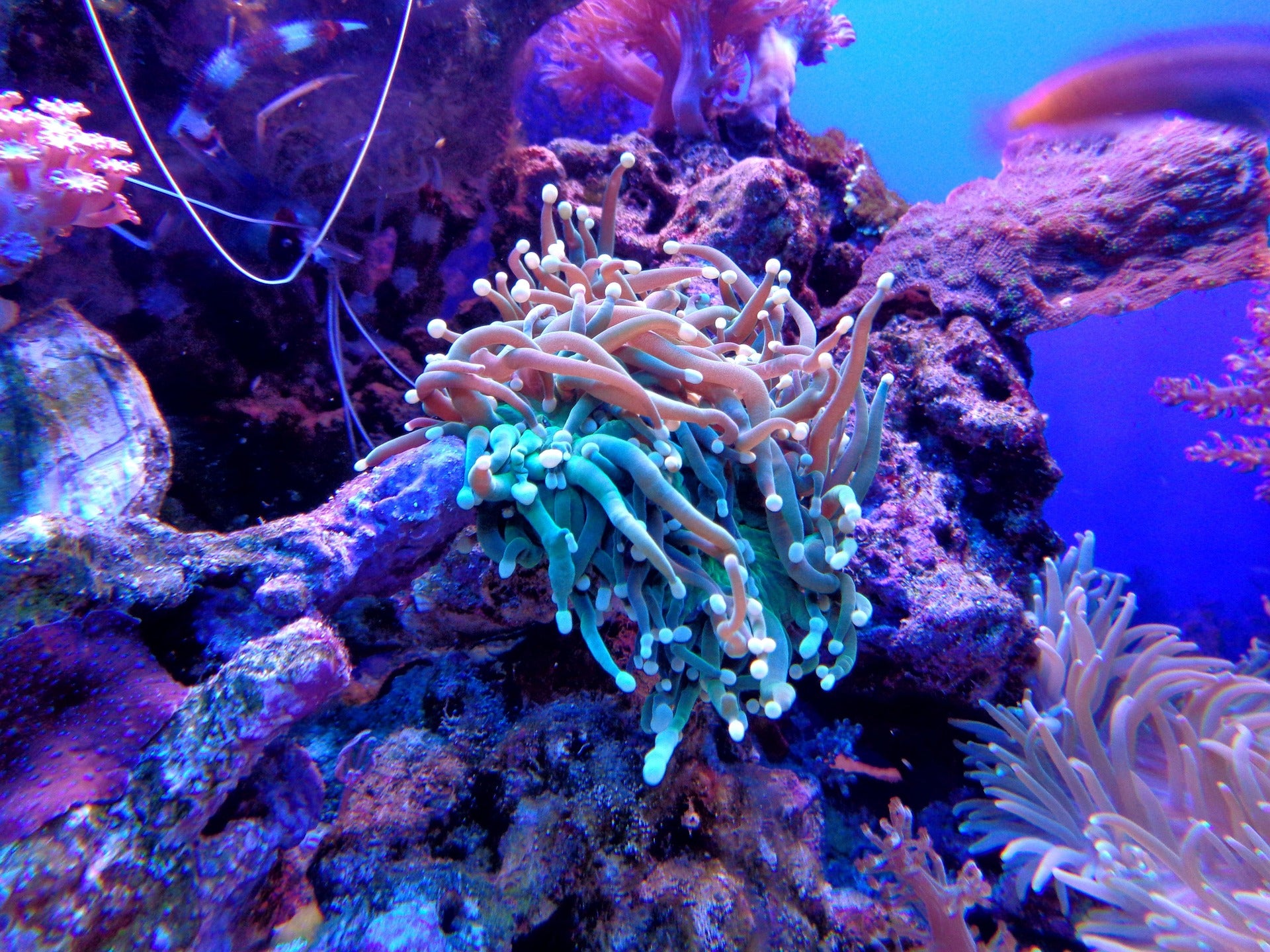
What are coral reefs?
Coral reefs form when coral polyps grow together in dense colonies, creating real underwater structures. The most famous is the Great Barrier Reef in Australia, visible even from space. Despite occupying only 0.3% of the sea surface, coral reefs are essential for the marine ecosystem: they support about 25% of global marine life. They are found mainly in tropical and equatorial areas, where environmental conditions - such as a constant temperature above 20 degrees, a good level of salinity, clear and well-lit waters - favor their growth.
What's happening on the Great Barrier Reef today and why?
To date this important part of marine biodiversity is
at risk. Currently, it is estimated that:
• 24% are at high risk of collapse
• 26% are at risk of long-term collapse due to human activities.
If current trends continue, 70% of the world's coral reefs will
could be destroyed by 2050. The reasons are many.
-
TEMPERATURE INCREASE
Rising average ocean temperatures are killing corals. Zooxanthellae , the algae that give coral its color and help it absorb nutrients, are leaving the limestone structure, causing a phenomenon called " coral bleaching " and killing it.
-
ACIDIFICATION OF WATER
Ocean acidification due to decreasing ocean pH, caused by anthropogenic carbon dioxide intake from the atmosphere, creates a hostile environment for corals.
-
EXPLOITATION OF AQUATIC RESOURCES
Unsustainable fishing , such as trawling , and the collection of aquatic resources for jewelry or ornamental purposes leads to the deterioration of coral reefs. In particular, drift nets settle on the seabed covering the corals and causing their death.
-
URBANIZATION INDUSTRIALIZATION AND TOURISM
Recreational activities, such as diving , and the use of unsustainable sunscreens, which release substances that are toxic to marine ecosystems, create hostile environments for coral growth.
-
DISEASES AND INVASIVE SPECIES
Corals, like other living species, are also subject to diseases that can cause their death. In addition, coral reefs also contain invasive species , such as lionfish, which are responsible for the reduction of coral populations.
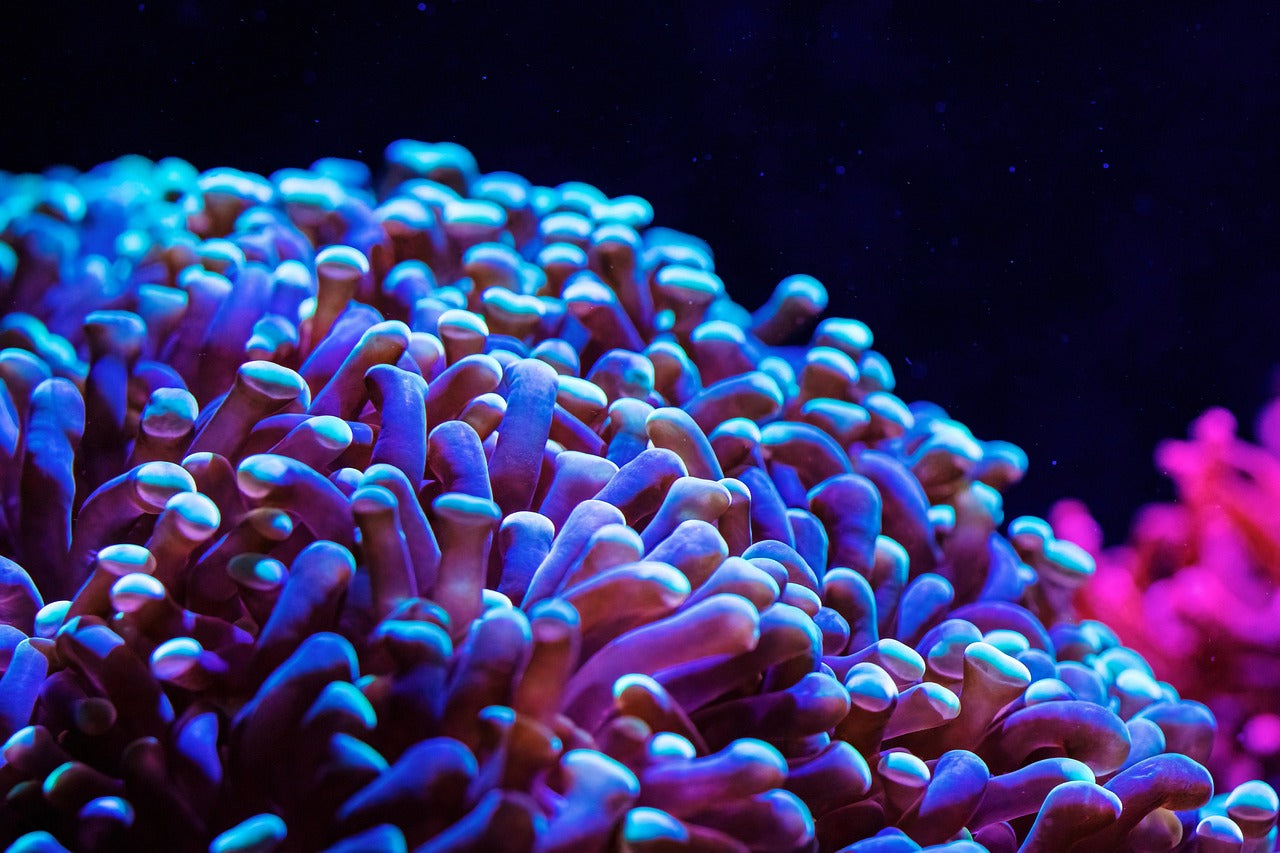
What can be done?
- Habitat Protection Establish marine protected areas to protect sites, resources and habitats.
- Coral Restoration
Rebuilding coral reefs through the transplantation and maintenance of new corals in degraded areas. - Conservation projects
Support centers specialized in coral reconstruction and protection. - Sustainable Shopping
Choose products certified as sustainable, such as seafood (fish, shellfish, etc.), nutraceuticals (Omega-3), sunscreens, but also rely on sustainable tourism operators. - International Regulation
International laws such as CITES must be enforced to control trade in threatened marine species, such as black and red corals. - Awareness raising
Educating and raising public awareness through local and national campaigns and laws is essential to protecting endangered species.
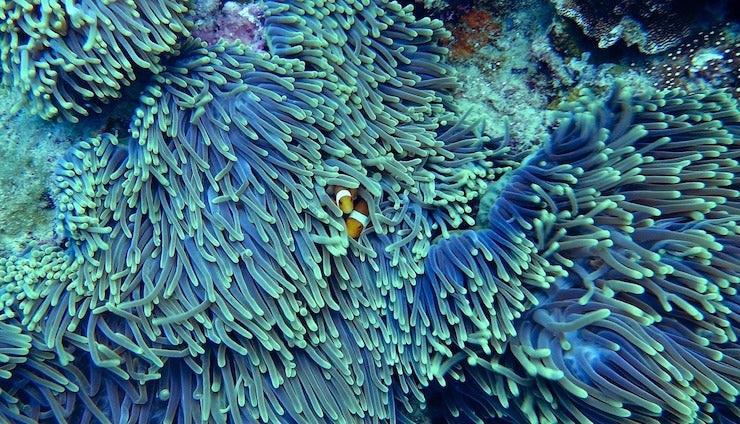
Coral Restoration and Sustainability
Omegor, together with Friend of the Sea, has started a project to monitor and protect part of the Thai coral reef . Corals are living beings and, thanks to maintenance and protection, it is possible to increase their survival and ability to reproduce. This translates into an increase in the number of corals.
Since its inception, Omegor has made sustainability one of its fundamental principles. The company is committed to producing products that respect the marine ecosystem, avoiding harmful practices such as trawling. Protecting corals today means ensuring a healthy environment in which marine life can thrive for generations to come.
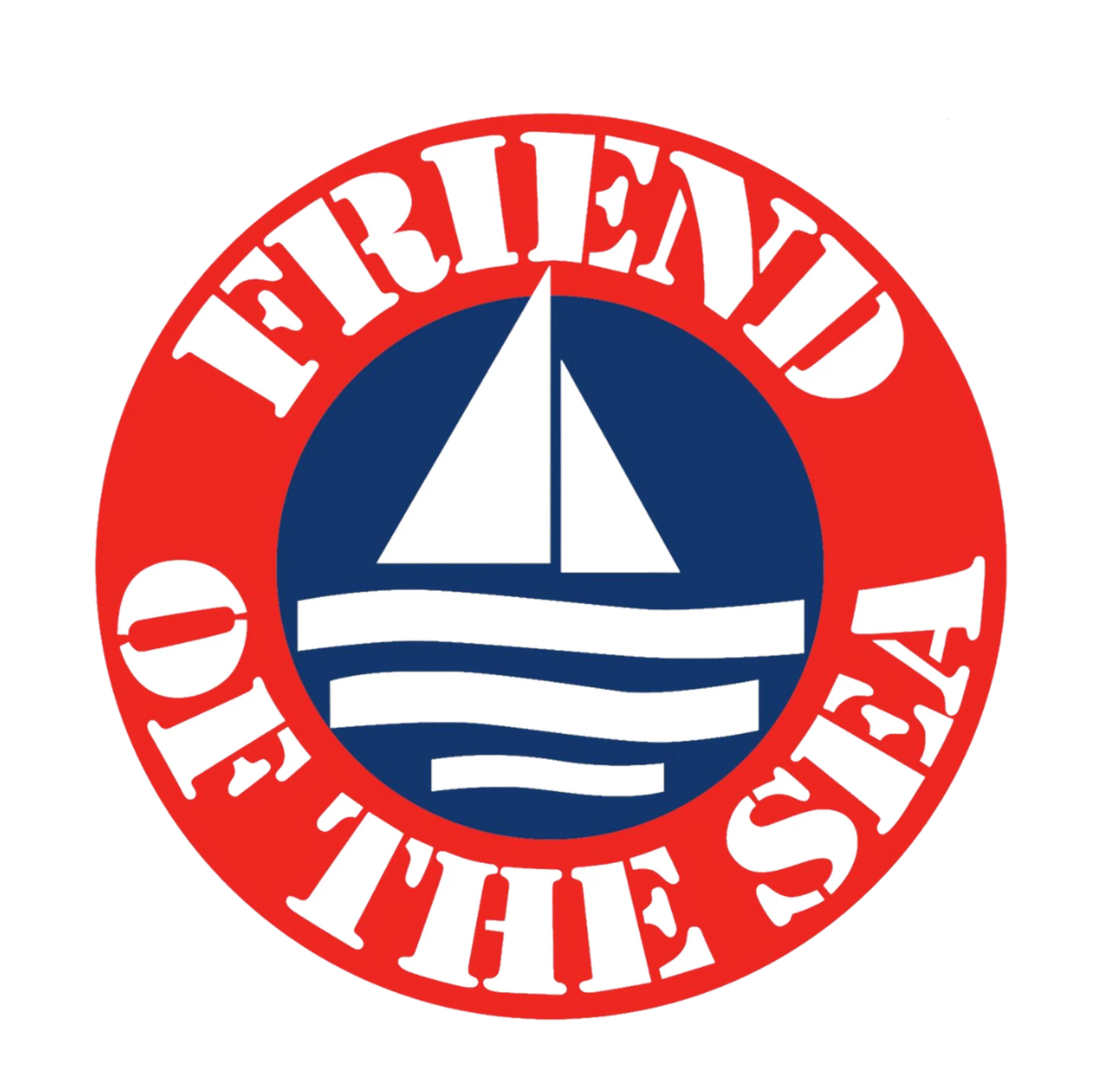
What is Friend of the Sea?
Friend of the Sea certifies that products come only from fisheries that comply with Friend of the Sea requirements for sustainable fishing, including:
• good fisheries management ;
• selective fishing gear;
• social responsibility .
For several years, Friend of the Sea has been involved in initiatives aimed at preserving marine species and vulnerable habitats , helping to raise awareness of the fact that many human actions, such as overfishing, destruction of natural environments, pollution, whaling and other issues, negatively affect precious marine life and ecosystems.
How you can help
-
Adopt a coral
With a small donation, you can adopt a coral and contribute directly to its replanting and growth.
-
Become a volunteer
Join our awareness events and beach cleanups.
-
Spread the word
Help us raise awareness by talking about the Coral Project with friends and family.